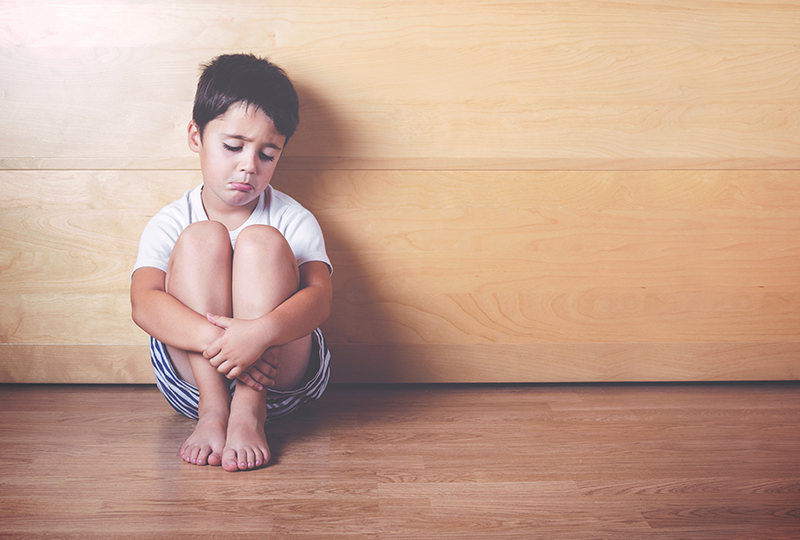As the rise of children playing outside lowers, and the time they spend online rises – so do the levels of childhood depression affecting our children.
Some decades ago, using ‘mental health disorder’ in the same sentence as ‘child’ was a rarity. There are many physicians that linked the lack of depression in children to their belief of children not possessing the mature psychologic and cognitive structure that makes us vulnerable to those problems.
Children living with depression is a sensitive topic for society, as many of us remember our childhood as fun and carefree.
Recent times has seen such mental illness become a reality with the fastest incline in depression among young people. Studies conducted by the National Institute for Health and Care Excellence presented findings of approximately 80,000 children residing in the UK are estimated to be suffering from severe depression, including 8,000 under the age of 10.
The rise in referrals to psychology clinics and counselling clinics could be linked to pressure from society, issues with parents etc. However, there is also an increase in referrals which are due to parent’s worries for their children, rather than the severity of the child’s difficulties. Some parents tend to pre-diagnose their children and send them to therapy, although the issue may not be as serious as it is perceived to be.
The most common association of the incline of mental health problems in children is from societal pressures and expectations. Growing up in present times is arguably more stressful than it has been from constant emphasis from the media of body image, as well as the rise of social media use and cyber bullying.
It has been found that some female girls at just six years of age are dieting, or considering it. With the extensive time children spend online, they are more susceptible to the media, brands and their advertisements of the ‘perfect body’ for both girls and boys, and if they don’t match up to this ‘perceived standard’, they develop a low self-esteem, thus potentially leading to depression.
Depression in children can be difficult to diagnose, often being overlooked for behavioural/development issues and vice versa.
Here at Inspire Therapy, we take the time to understand and listen. We are here to work with you and see you through your difficult times.




